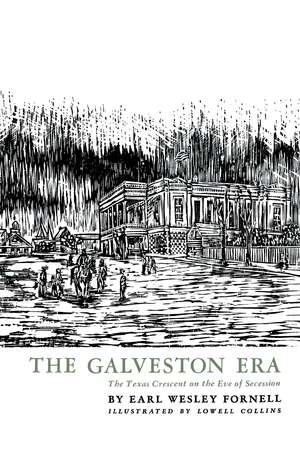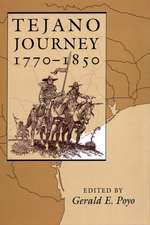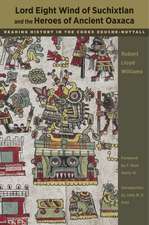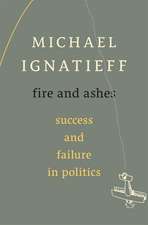The Galveston Era: The Texas Crescent on the Eve of Secession
Autor Earl Wesley Fornell Ilustrat de Lowell Collinsen Limba Engleză Paperback – iul 1976
Earl Fornell makes the charming, colorful, cosmopolitan, contradictory city of Galveston the focal point of his study of the Texas Gulf Coast on the eve of the Civil War. The years 1845-1860 were crucial for this area; during that period the economy became more and more dependent upon slave labor, and thus the stage was set for secession.
Dr. Fornell describes with clarity the interrelated events, the decisions, and the conflicts that went into the development of Galveston and the Texas Gulf Coast during these years. He portrays the people and their way of life. He introduces us to some of the notables who helped to shape the destiny of Texas: Sam Houston, the old general; Lorenzo Sherwood, the golden-tongued propounder of radical economic doctrines; Willard Richardson, Hamilton Stuart, Ferdinand Flake, and Edward Cushing, the newspapermen whose writing both reflected and guided the thought of their fellow citizens; Arthur Lynn, the British consul whose observing and compassionate nature brought him onto the stage of Galveston history with striking frequency and whose voluminous letters provide a rich source for historical details; and William Ballinger, a minor player on the stage but one whose conscience and interests mirrored those of many other thoughtful Galvestonians.
Always present, affecting and affected by virtually every aspect of life on the Coast, the slave-labor problem grew ever more acute as the expanding railroad system laid more and more of the land open for development. Dr. Fornell shows with keen insight how it eventually forced Texans into a position where conflict with the federal government was unavoidable and the decision to secede from the Union inevitable.
The late Earl W. Fornell, a native of Wisconsin, held B.A. and M.A. degrees in political science from the New School for Social Research, the M.A. degree in political history from Columbia University, and the Ph.D. degree in political history from Rice University. He taught at Columbia, Amarillo College, Rice, and Lamar State College of Technology.
Preț: 277.16 lei
Nou
Puncte Express: 416
Preț estimativ în valută:
53.04€ • 55.44$ • 44.82£
53.04€ • 55.44$ • 44.82£
Carte tipărită la comandă
Livrare economică 06-20 martie
Preluare comenzi: 021 569.72.76
Specificații
ISBN-13: 9780292727106
ISBN-10: 0292727100
Pagini: 369
Ilustrații: Woodcuts
Dimensiuni: 152 x 229 x 15 mm
Greutate: 0.45 kg
Ediția:Revised
Editura: University of Texas Press
Colecția University of Texas Press
ISBN-10: 0292727100
Pagini: 369
Ilustrații: Woodcuts
Dimensiuni: 152 x 229 x 15 mm
Greutate: 0.45 kg
Ediția:Revised
Editura: University of Texas Press
Colecția University of Texas Press
Notă biografică
The late Earl W. Fornell, a native of Wisconsin, held B.A. and M.A. degrees in political science from the New School for Social Research, the M.A. degree in political history from Columbia University, and the Ph.D. degree in political history from Rice University. He taught at Columbia, Amarillo College, Rice, and Lamar State College of Technology.
Cuprins
- Preface
- Acknowledgments
- Part One: A Profile of Galveston
- Chapter 1. The Island City: An Introduction
- Chapter 2. Formal and Informal Institutions
- Chapter 3. The Social Scene
- Chapter 4. Editor-Publisher Politicians
- Part Two: Texas Crescent Cotton Expansion: Avant-Garde of Secession
- Chapter 5. The Railroads: Transportation for Cotton
- Chapter 6. The Problem of Slave Labor
- Part Three: The Climax
- Chapter 7. Secession in Galveston
- A Commentary on Sources
- Bibliography
- Index
Descriere
A study of the Texas Gulf Coast on the eve of the Civil War, centering on the charming and contradictory city of Galveston.













